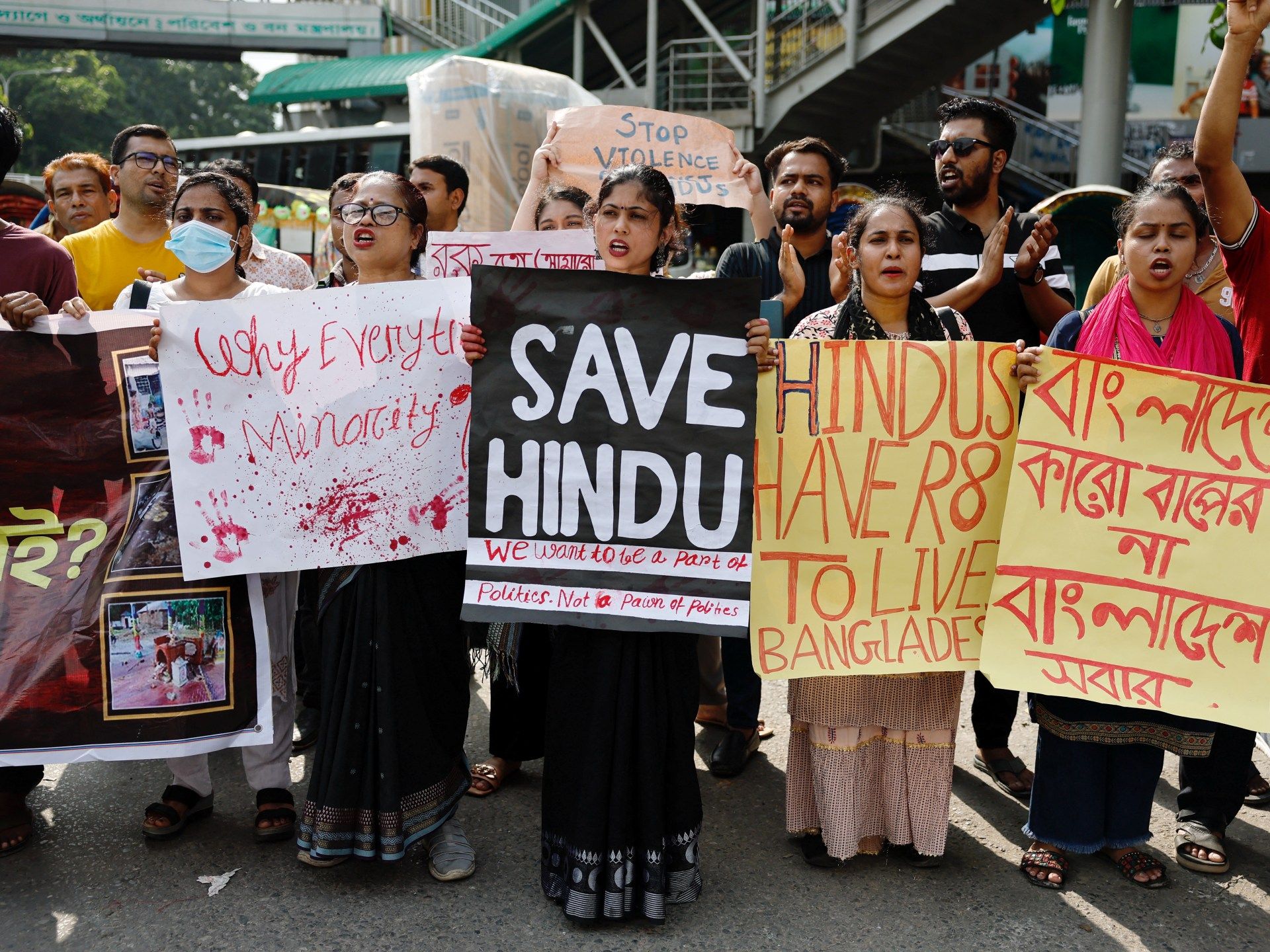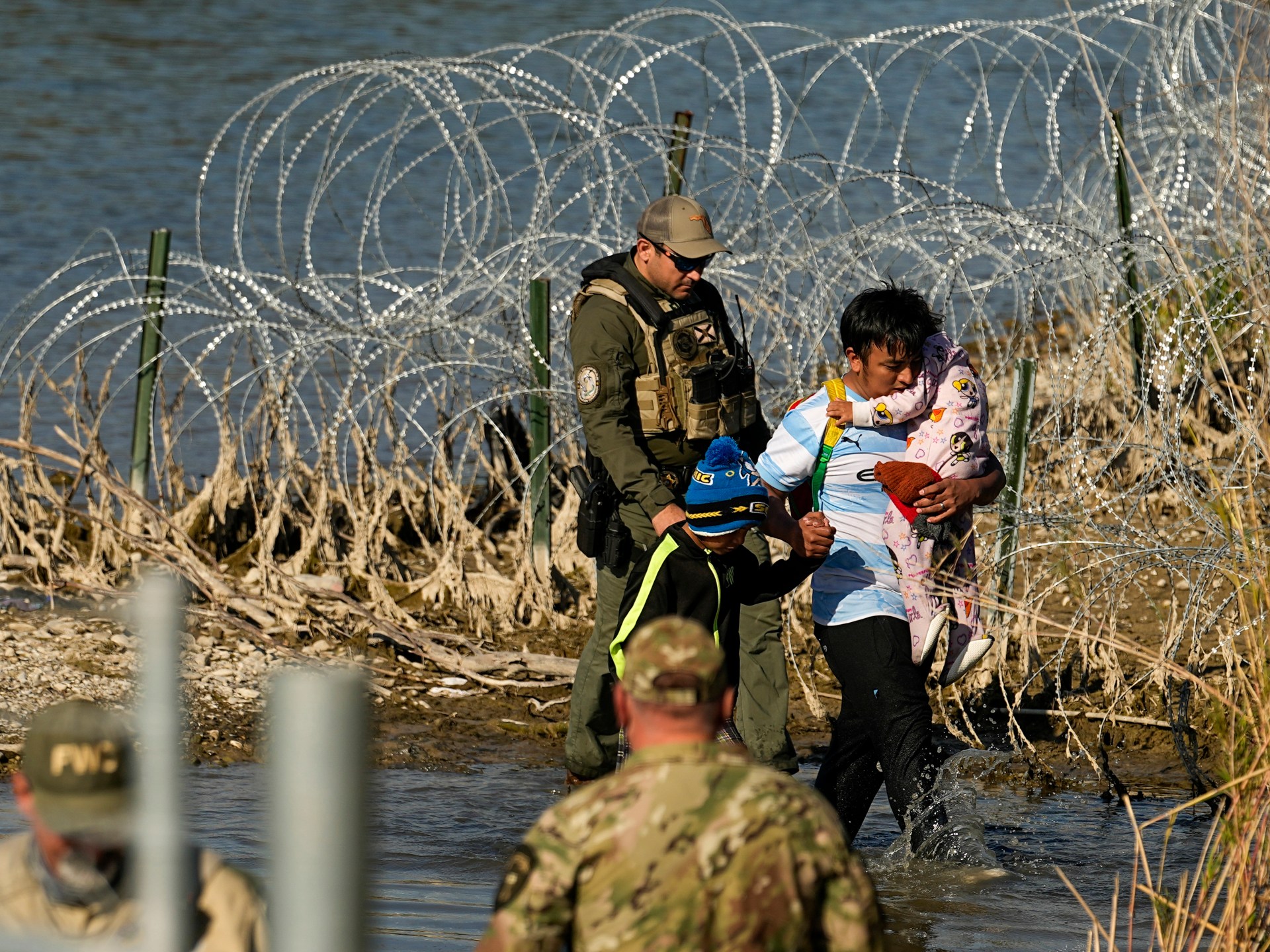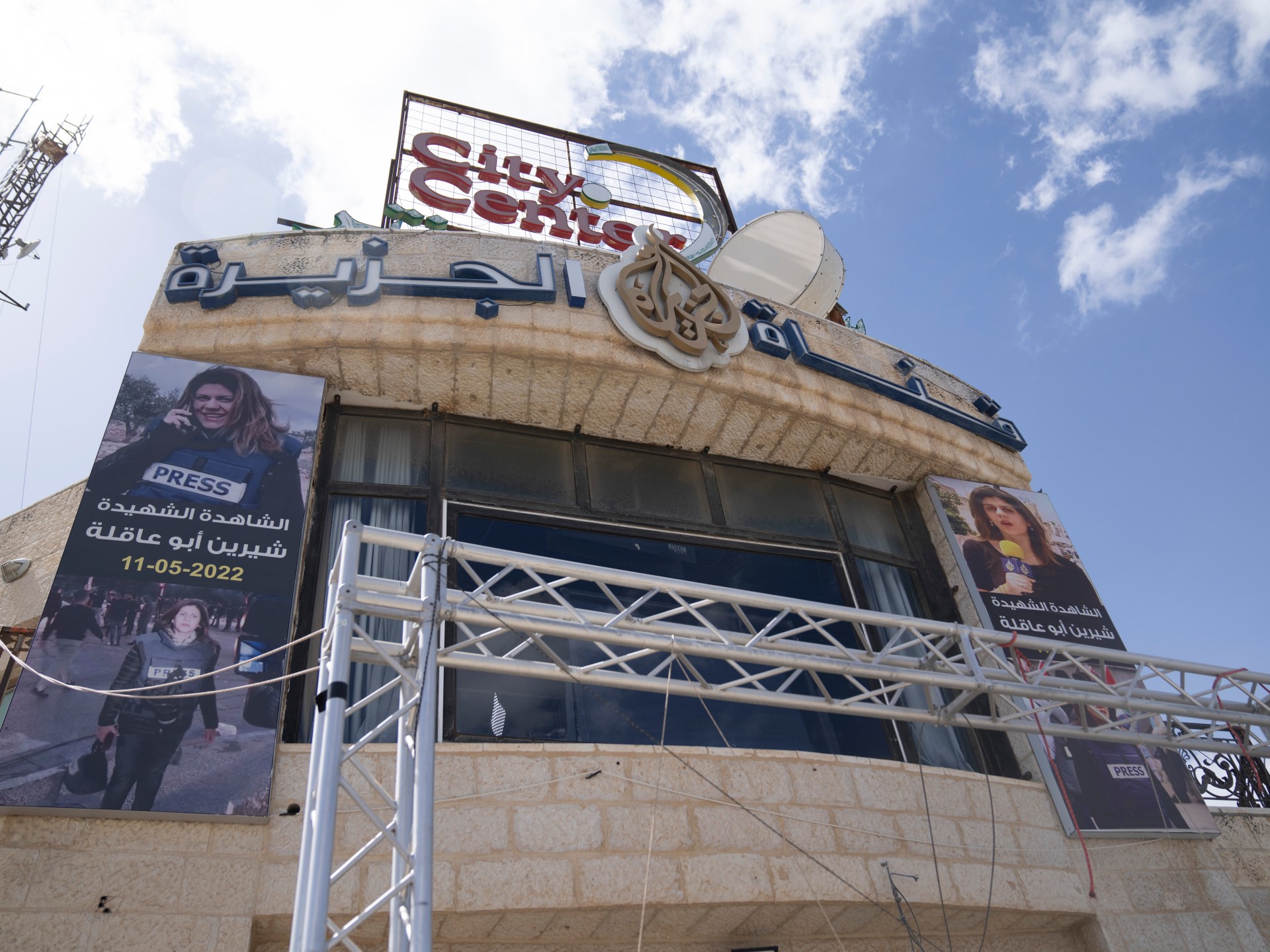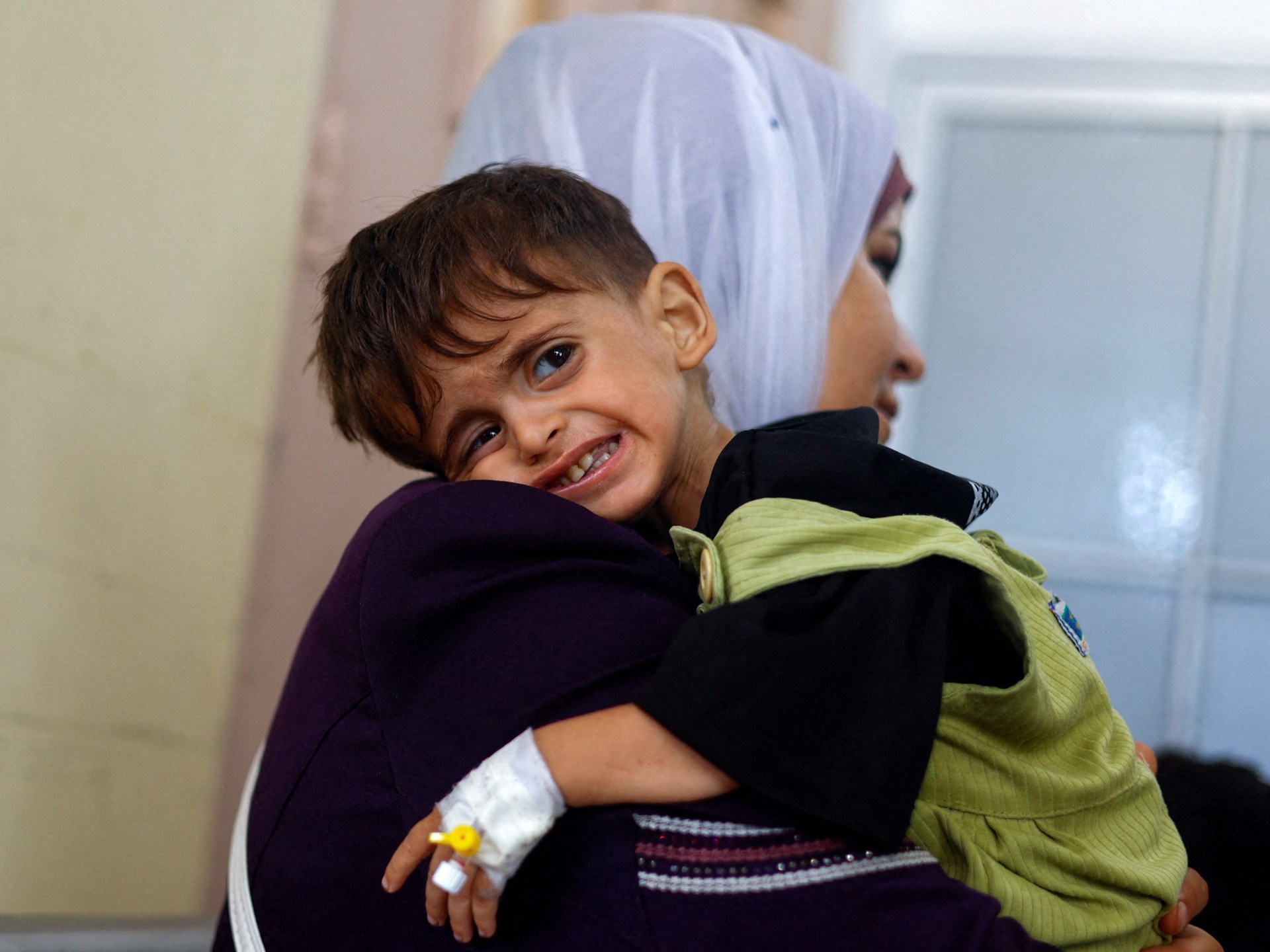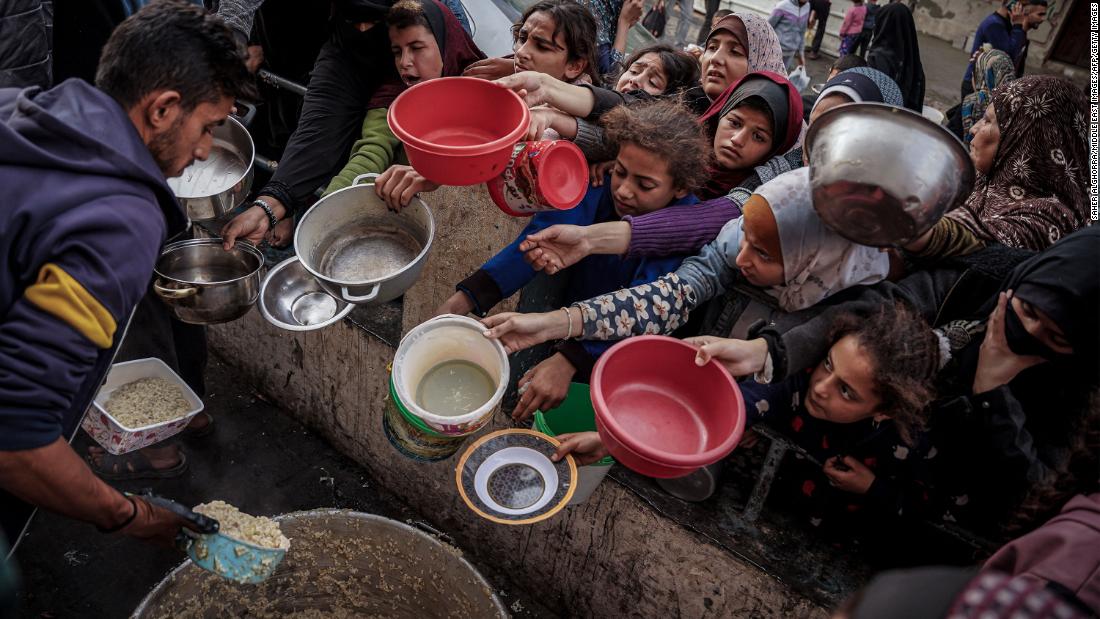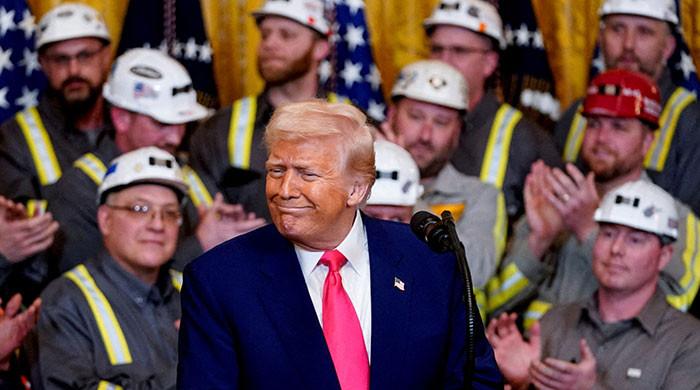Since Prime Minister Hasina fled abroad, there have been numerous attacks on Hindu homes, temples and businesses.
Bangladesh's new interim government says it is working to resolve reported attacks on Hindus and other religious minorities following the ouster of Prime Minister Sheikh Hasina.
Hindus are the largest religious minority in Bangladesh, a predominantly Muslim country, and many are supporters of Hasina's Awami League party.
Since Hasina's abrupt resignation and flight abroad on Monday ended her 15 years in power, there have been numerous reports of attacks on Hindu homes, temples and businesses.
“Attacks on religious minorities in some places have been viewed with grave concern,” the interim cabinet said Sunday in its first official statement since its members were sworn in Thursday evening.
The cabinet said it would “immediately meet with representative bodies and other concerned groups to find ways to resolve such heinous attacks.”
Thousands of people took part in protests on Sunday calling for an end to violence against Hindu communities, the Dhaka Tribune reported.
The protesters opposed “destruction of homes, encroachment on temple lands, arson, looting and other forms of violence,” the report said.
“We are shocked by the attacks on Hindus, torture and vandalism at temples. It is the responsibility of the government to ensure our safety. We are citizens of this country and deserve to live in safety,” a Hindu spokesman said at a rally in the city of Bogra, according to the Dhaka Tribune.
The statement from the interim government, also known as the council of advisors, listed numerous urgent priorities.
The government, led by Nobel Peace Prize winner Muhammad Yunus, has ordered “support” for the families of protesters killed in the weeks of demonstrations that culminated in Hasina’s ouster.
It allocated public funds to pay those injured in the riots that began in July and killed more than 300 people.
The council, charged with overseeing democratic reforms in the South Asian nation of 170 million people, also said it would reopen the metro system in the capital, Dhaka, by the end of the week and would soon appoint a new central bank governor, replacing a Hasina loyalist forced to resign.

